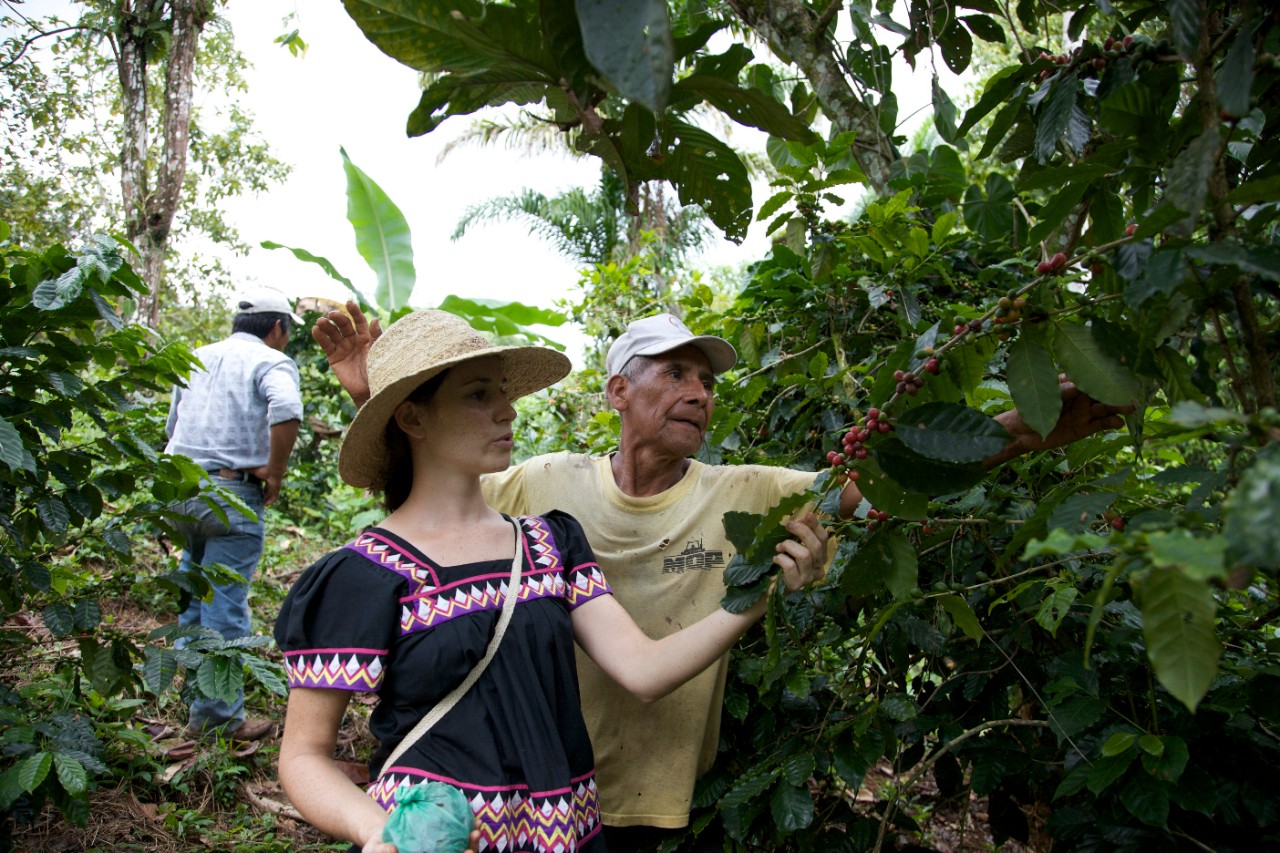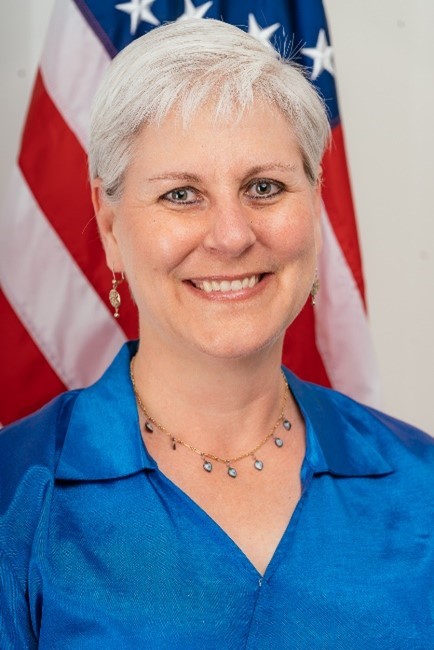Kate Pongonis (Ecuador) shares lessons from the Peace Corps
Kate Pongonis writes —
“I was an agricultural extension volunteer in the highlands of Ecuador from 1992 to 1994 where I worked with subsistence farmers on agro-forestry and other soil conservation practices, taught environmental education, created organic demonstration gardens, and supported early childhood nutrition programs. The Peace Corps taught me the importance of cross-cultural communication, to work in a community to identify and prioritize needs, and to lead by example. I brought my experiences home to share with United States audiences the importance of understanding and interacting with our foreign neighbors and partners. This is the third goal of the Peace Corps and something I have brought to bear in volunteer activities mentoring students considering international careers, leading community environmental projects, and in advocating for and representing new immigrants in the United States.”

Peace Corps volunteers working in Central America.

Kate Pongonis ’97
When I go to Capitol Hill on March 7, I will advocate for the passage of the bipartisan Peace Corps Reauthorization Act (S. 1203; H.R. 1273). While Congress first authorized the Peace Corps in 1961, it has been more than twenty years since Congress last passed a comprehensive reauthorization to update and reform Peace Corps policies. This legislation provides several volunteer health and safety improvements, further protects volunteers from recrimination or reprisal, expands opportunities for the next generation of volunteers to continue service through federal employment, and more.
I will also urge an increase in funding that has lagged since 2016 and has not kept pace with inflation. Most importantly, I plan to emphasize to members of Congress the value of Peace Corps service to the people of developing nations, to United States foreign policy, and to our domestic community of compassionate citizens who prioritize service. As Coretta Scott King said, “The greatness of a community is most accurately measured by the compassionate actions of its members.” I hope our advocacy in Congress and in U.S. schools and communities will serve to light this passion and drive to serve that motivates so many current and returned Peace Corps volunteers!”
About Kate Pongonis —
Kathryn (Kate) Pongonis served as an Agricultural Extension Volunteer in the highlands of Ecuador from 1992-1994. This experience was an impetus for a lifetime career overseas. She is a recently retired Foreign Service Officer with the United States Department of State. Pongonis joined the State Department in 1999 and has served in overseas postings in Santo Domingo, Dominican Republic; Beijing, China (two tours); Chengdu, China; Addis Ababa, Ethiopia; Pretoria, South Africa; Caracas, Venezuela; and Seoul, South Korea. She had two domestic postings in Washington, D.C. in the Bureau of Population, Refugees, and Migration and, in her final assignment, as a Senior Advisor in the Office of Global Criminal Justice. Prior to joining the State Department Pongonis was a Hispanic Outreach Attorney with the Atlanta Legal Aid Society in Atlanta, Georgia. Soon after her retirement, she returned to the State Department in a part-time retiree status, rejoining the Bureau of Population, Refugees, and Migration to work on the Lawful Migration Task Force and the Safe Mobility Office initiative in Latin America.
Excellent article!
Kate,
thank you for a great article and motivation piece to get RPCV’s involved in advocacy.